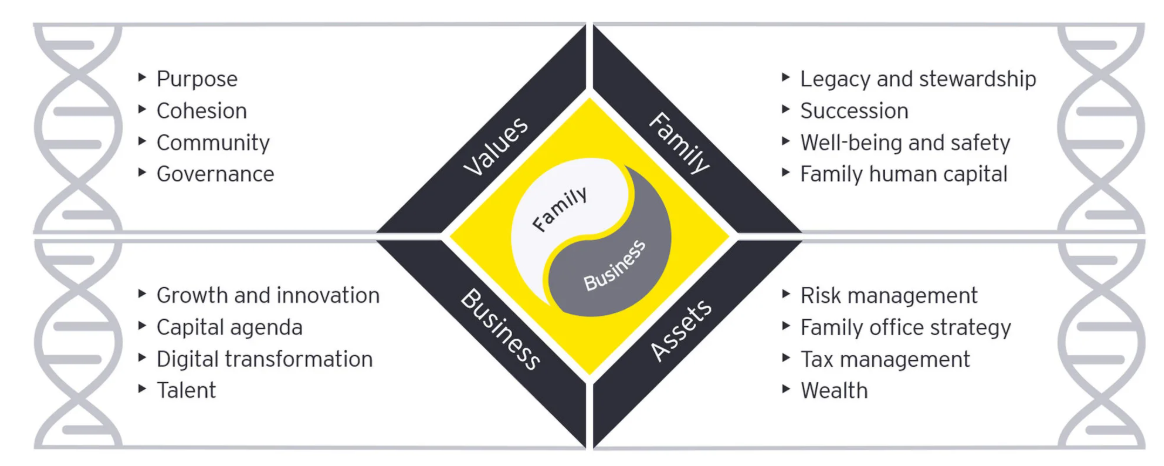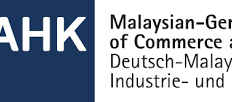KUALA LUMPUR, 8 APRIL 2025 – Family-owned enterprises remain a cornerstone of global economic growth, with the world’s 500 largest family businesses generating a combined US$8.8 trillion in revenues—a 10% increase from the 2023 index. Collectively employing 25.1 million people across 44 jurisdictions, the combined economic output of these businesses would place them as the world’s third-largest economy, behind only the United States and China.
These insights were revealed in the 2025 EY and University of St.Gallen Global 500 Family Business Index, a biennial ranking of the world’s top 500 family enterprises by revenue.
Family-owned enterprises generate US$8.8 trillion, employ over 25 million people worldwide
Europe and Asia Driving Growth, Retail Leading the Sectors
Europe continues to lead the index, with 47% of listed companies based there, followed by North America (29%) and Asia (18%). Sector-wise, retail holds the top spot with 20% representation, followed by consumer (19%), advanced manufacturing (15%), and mobility (9%).
Southeast Asian Family Enterprises Gain Momentum
A total of 17 Southeast Asian family businesses have made it into the 2025 index, comprising companies from:
- Indonesia (2)
- Malaysia (3)
- Philippines (5)
- Singapore (3)
- Thailand (4)
Together, these regional leaders generated over US$146 billion in revenues and employed nearly 875,000 people, marking a significant increase from US$119 billion and 850,000 employees in 2023.
Low Bek Teng, EY Asean Family Enterprise Leader, noted:
“Family enterprises have been the backbone of ASEAN’s economy for decades. Their reinvestment philosophy fosters long-term and sustainable growth. As we move forward, these businesses must stay ahead of global geopolitical shifts and technological disruptions such as AI to maintain their competitive edge.”
Malaysia: A Rising Hub for Family Enterprise Wealth Management
Commenting on Malaysia’s role in this global landscape, Bernad Yap, EY Malaysia Private Tax Leader, said:
“We’ve seen a post-COVID surge in liquidity and private equity interest—especially in sectors like E&E, food security, and digital services. Malaysia is now better positioned than ever with initiatives such as the Family Office framework in Forest City, designed to professionalize wealth management for complex investments. This offers a major opportunity for regional family enterprises and global funds to anchor their financial operations in Malaysia.”
M&A as a Growth Engine, Legacy as a Strategic Edge
Despite volatile global conditions, 47% of family businesses in the index have engaged in mergers and acquisitions over the past two years, with 34% of disclosed deals valued above US$250 million. Their commitment to long-term value creation and innovation is reflected in their enduring legacies:
- 34% of businesses have been operating for over 100 years
- 85% have a history spanning more than 50 years
Some of the oldest companies in the index include a Japanese firm with over 400 years of operations and two European firms with more than 300 years of legacy.
Professor Thomas Zellweger, from the University of St.Gallen, remarked:
“Family businesses show an extraordinary capacity to adapt in changing environments. Their long-term outlook, operational efficiency, and conservative financing strategies continue to set them apart.”








